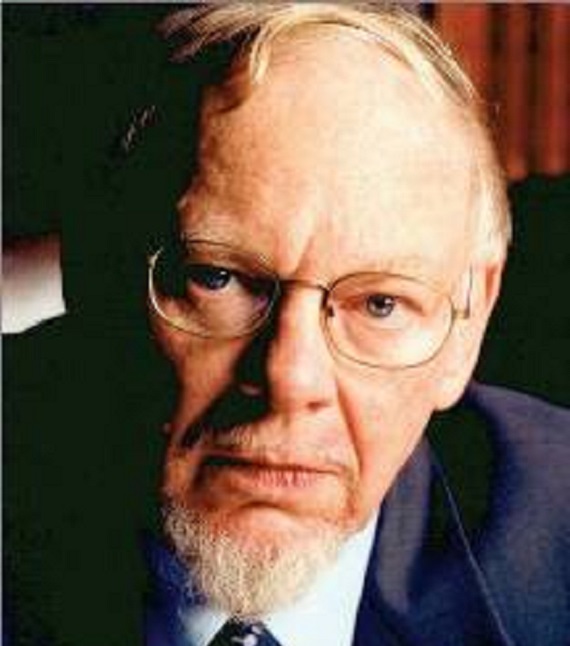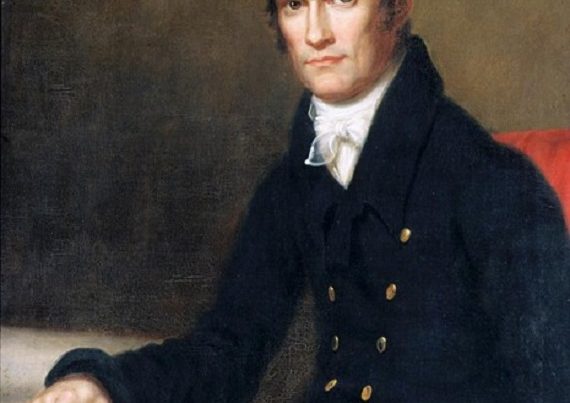The terms “liberal” and “conservative” were usable signs in a society in which the state was governed by politics. They are of little use the in 21st century United States because “politics” no longer plays any significant role in governance. In a dynamic and free republican society, citizens of similar ideas, values, and interests, and even inherited allegiances and inclinations, come together to seek representation, forming political parties as their vehicle in the contest with citizens of opposing tendencies. (In addition, in the United States, political representation has been geographically based rather than strictly a matter of parties.) Citizenship— participation in politics—assumes mental and material independence and a social identity preexisting the state apparatus. None of these preconditions for politics any longer characterize the American regime.
Today Congressmen do not represent their constituents but represent the state in its distribution of favors to their constituency, and their tenure rests upon their success at this function. The relationship of president and congress now resembles that of a Roman emperor and Senate. And, as in that historical case, a large part of the population is proletarianized, lacking the qualities for citizenship as it has been understood. The American regime has reached a state of imperial bureaucratization in which institutions—not only parties, but armed forces, police, churches, media, charities, schools— exist to serve those who control and benefit from them rather than to carry out the social functions for which they were established.
In the last two presidential elections not a single substantive issue was raised or contested. The nominating conventions did not debate and decide the positions they were to represent, but merely ratified the dictates of the leader. Rather than the party representing the people, the people were sent forth to represent the party. The Republican conventions that nominated George W. Bush did not even allow a dissenting voice to be heard nor allow any statement that might distinguish their party from the opposition on any substantive matter. There was no politics at all—only marketing.
After the elections, it was seen that the parties except at the fringes do not disagree on anything of importance, nor do they represent the people on any important issue—for instance, war, foreign aid, immigration, quotas. On behalf of the imperial bureaucratic regime the Democrats absorb and defang whatever “liberal” inclinations remain in their constituency, and the Republicans do likewise for the “conservatives.” The only difference is that the Democrats institutionally are wired to keep up the momentum of an already “liberal” state, while the Republicans’ “conservatism” has always been a pure fraud.
If, as may be the case, a real politics is struggling to be born, one that involves representation of the interests and values of the remnant genuine elements of American society that have a reality apart from the state, then the terms “liberal” and “conservative” will not much apply. Politics against the imperial regime will have to be both defensive and radical, that is to say, it will have to be reactionary.
SOURCE: From The American Conservative, August, 2006







